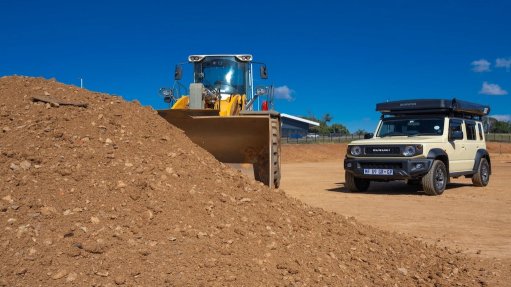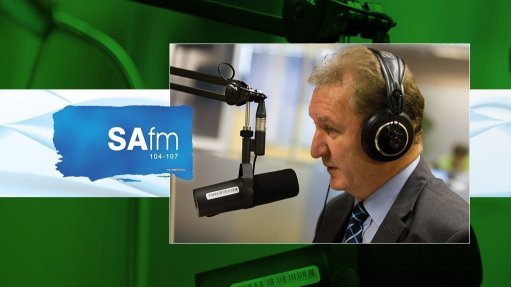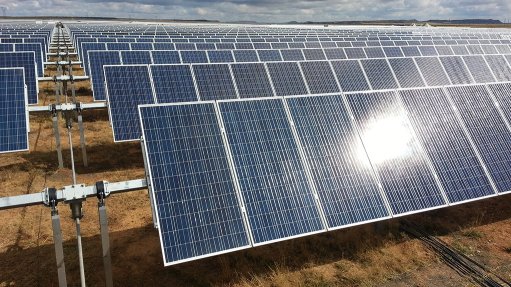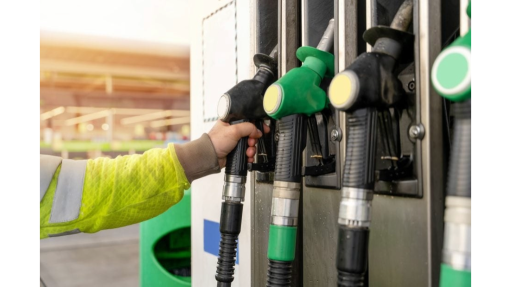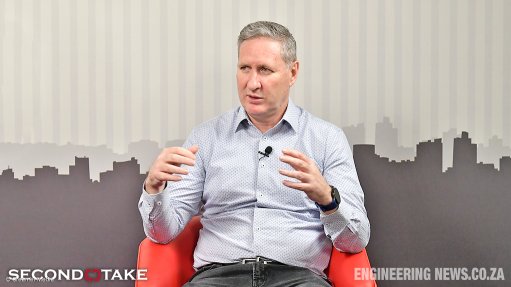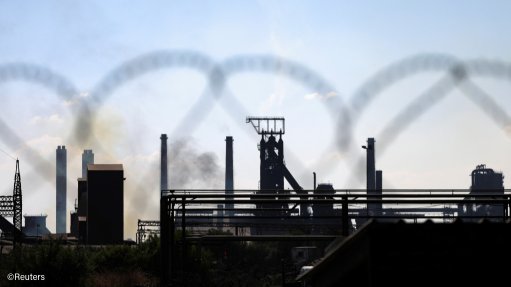S Africa legislation bans liquid waste from landfills
A massive shift in South African waste legislation took place when, effective August 23, local legislation banned all liquid waste from landfills.
This places significant importance on the effective management of such waste by waste producers and the waste industry alike.
However, waste management company Interwaste poses the question of whether South Africa is ready to manage this change in legislation and what is it going to take to do so.
“Over the past several years, new legislation has been developed to improve the disposal of waste to landfill, and more importantly, encourage our industry to seek alternative and sustainable solutions,” says Interwaste business development and marketing director Kate Stubbs.
She notes that one of the most recent significant developments has been the Department of Environment, Forestry and Fisheries (DEFF) placing a ban on all forms of liquid waste as well as hazardous waste with a calorific value (CV) of more than 20 MJ/kg from landfill disposal effective August 23.
“With additional waste streams shifting towards this prohibition on an annual basis, it becomes essential that our industry not only embraces this legislation, but also takes the necessary steps to comply. These prohibitions not only seek for opportunities for alternative and more sustainable waste management solutions, but also create a more efficient waste economy in South Africa.”
Moreover, previous regulations state that hazardous liquid waste with high CV exceeding 20 MJ/kg – such as refinery waste, chemical processed paint waste, hydrocarbon contaminated liquids, sludges and chemical solvents – ought to have been progressively banned from landfills as from August 2017.
However, all liquid wastes will now be banned from landfill, as well as reactive wastes, recyclable waste oils, whole waste tyres, lamps, lead acid batteries, and waste with a CV exceeding 20 MJ/kg, among others.
Section 5 (1) (a - u), as well as Section 5 (2) (a – c), of the National Norms and Standards for the Disposal of Waste to Landfill (GN R 636 of 23 August 2013) provides for a non-exhaustive list of waste types that are prohibited from disposal to landfill in South Africa.
These prohibitions and restrictions are indicative of our government’s increasing focus to drive the diversion of waste from landfill through reasonable legislation and other means.
“To best manage these new regulations, it is central for waste producers to understand that not only is there ample room for new innovation in this space, there are successful innovations already in practice that are driving legislative compliance,” continues Stubbs.
Currently, solutions exist for hazardous liquid waste to be repurposed into an alternative fuel source for energy production. Further, there is an opportunity to start looking at some of these liquid waste streams as valuable resources that can be used to add value into the economy – reducing our dependence on fossil fuels and being used to re-create alternative products with value.
"While many businesses may not yet have prepared for this new legislative framework, there are already available solutions targeted towards complying with this new legislation,” he notes.
Stubbs mentions that Interwaste has spent much time considering and planning for the impact of pending and potential legislation, ahead of implementation. This is to ensure that Interwaste is prepared and has developed sustainable solutions for its clients that meet the needs of sound compliance.
“At Interwaste, we have also developed significant capacity over the years for the treatment, recycling and recovery of qualifying wastes at our licensed waste management facilities through the recycling of qualifying liquid and hazardous sludge wastes (with CV greater than 20 MJ/kg) through our waste blending platform in Germiston, which produces a waste derived fuel for use as an industrial fuel.”
Waste management is one of the critical elements of sustainable development primarily because sound waste management practices contribute to sustainability.
Legislation regulating waste management plays an important instrument in the control of environmental hazards to health as well as creating a reformative system such as the circular economy model which supports the integration, as well as innovation within the waste industry.
This feeds back into the cycle through long-term design and planning, maintenance, repair, reuse, remanufacturing, refurbishing, recycling and upcycling.
This sees new business streams and new industries receiving opportunity to grow.
“As government aims towards a circular economy and improving our environmental standards, there will no doubt be further stringent legislation down the line. As such, it is up to us as waste companies to take a proactive approach by seeking relevant investment and technology development opportunities for alternative waste disposal solutions to not only meet legislative requirements but find solutions that are commercially viable and provide the producer with environmentally sound alternatives,” concludes Stubbs.
Comments
Press Office
Announcements
What's On
Subscribe to improve your user experience...
Option 1 (equivalent of R125 a month):
Receive a weekly copy of Creamer Media's Engineering News & Mining Weekly magazine
(print copy for those in South Africa and e-magazine for those outside of South Africa)
Receive daily email newsletters
Access to full search results
Access archive of magazine back copies
Access to Projects in Progress
Access to ONE Research Report of your choice in PDF format
Option 2 (equivalent of R375 a month):
All benefits from Option 1
PLUS
Access to Creamer Media's Research Channel Africa for ALL Research Reports, in PDF format, on various industrial and mining sectors
including Electricity; Water; Energy Transition; Hydrogen; Roads, Rail and Ports; Coal; Gold; Platinum; Battery Metals; etc.
Already a subscriber?
Forgotten your password?
Receive weekly copy of Creamer Media's Engineering News & Mining Weekly magazine (print copy for those in South Africa and e-magazine for those outside of South Africa)
➕
Recieve daily email newsletters
➕
Access to full search results
➕
Access archive of magazine back copies
➕
Access to Projects in Progress
➕
Access to ONE Research Report of your choice in PDF format
RESEARCH CHANNEL AFRICA
R4500 (equivalent of R375 a month)
SUBSCRIBEAll benefits from Option 1
➕
Access to Creamer Media's Research Channel Africa for ALL Research Reports on various industrial and mining sectors, in PDF format, including on:
Electricity
➕
Water
➕
Energy Transition
➕
Hydrogen
➕
Roads, Rail and Ports
➕
Coal
➕
Gold
➕
Platinum
➕
Battery Metals
➕
etc.
Receive all benefits from Option 1 or Option 2 delivered to numerous people at your company
➕
Multiple User names and Passwords for simultaneous log-ins
➕
Intranet integration access to all in your organisation







